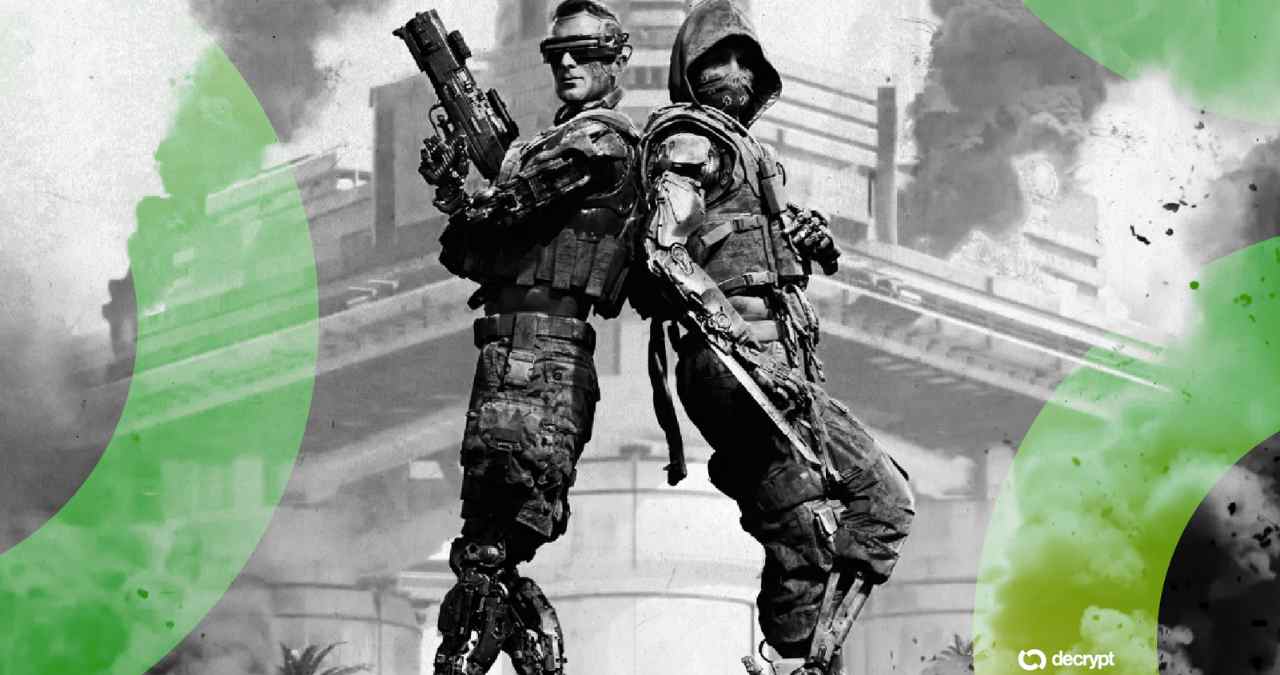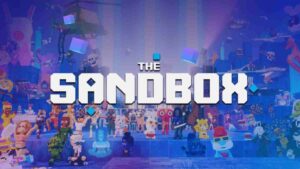A new token is entering the Web3 shooter space, and it’s not just another utility coin. GUN, the upcoming token tied to a growing network of blockchain-based FPS titles, is preparing for launch on the Solana blockchain. The move is meant to give competitive shooter players a shared currency that works across games, esports tournaments, and staking systems.
This isn’t a single-game project. It’s part of a larger framework aiming to interconnect multiple titles through a unified economic layer. The token will serve as the transactional backbone for gameplay rewards, NFT marketplace activity, and future guild infrastructure.
Solana chosen for speed and low fees
The GUN token is launching on Solana, a chain known for its fast throughput and minimal transaction costs. That choice tracks with the token’s goals low-latency performance is essential when tying real-time games to blockchain rewards. On-chain moments, such as match-based payouts or item transfers, can’t afford lag or high gas fees.
Solana also gives the token access to an existing base of Web3 users already active in gaming and DeFi, potentially shortening the ramp-up for adoption. The token will integrate with Phantom and other common Solana wallets, streamlining access for players not deeply embedded in crypto. For projects pushing gameplay-first economies, Solana remains a popular technical pick not because of branding, but because of infrastructure.
GUN token links multiple shooter project
Rather than powering a single FPS, GUN is being positioned as a cross-title gaming token. Its ecosystem includes several in-development or early-access games that revolve around PvP combat, skill-based rewards, and esports-style matchmaking. The idea is to let users earn, transfer, and spend GUN across these interconnected projects.
That model borrows from trends seen in other Web3 ecosystems, where token liquidity and utility are shared across multiple games to prevent fragmentation. In GUN’s case, it could allow for seamless transitions between titles, shared leaderboards, or even cross-game staking mechanics.
The focus is on competitive alignment. Games that join the GUN network are expected to integrate performance-based earning, tournament modes, and PvP balance tuned for competitive fairness.
Staking and governance are in the roadma
GUN won’t just be used for transactions. The token will also support staking systems, where players, guilds, or game developers can lock tokens for access to tiered rewards, tournament entries, or voting rights. This adds a governance layer, allowing token holders to shape the future of the ecosystem or back specific game projects.
It’s not just about holding tokens for speculation. The structure is intended to reward active participation whether through gameplay, community growth, or tournament contribution. That said, success will depend on how balanced the incentives are and whether gameplay remains the core driver.
If GUN overcorrects toward finance, it risks weakening its pitch to competitive players. But if the balance holds, it could become a central pillar for Web3 esports frameworks.
Aiming to unify the Web3 shooter genre
FPS titles in Web3 have struggled with fragmentation. Each project often builds its own economy, tokens, and player base, leading to isolated growth and uneven user retention. GUN’s strategy attempts to address that by offering a shared infrastructure — one that lets games plug into a prebuilt economic core without rebuilding it from scratch.
Whether it succeeds will depend on actual player numbers, developer adoption, and whether the ecosystem stays focused on skill-first gameplay. Cosmetic NFTs, staking tools, and token pools are just scaffolding. The real test will be whether these games are worth playing with or without rewards.
For now, the GUN token is shaping up to be one of the more focused attempts at building a sustainable, cross-game shooter economy on Solana. Not flashy, but potentially foundational.
Web3 Analyst & Play Blockchain Games Guide
CryptoKit breaks down Web3 gaming like it’s second nature. From tokenomics to airdrop strategies, she turns blockchain chaos into clear, actionable advice for players who want to win more than XP.




